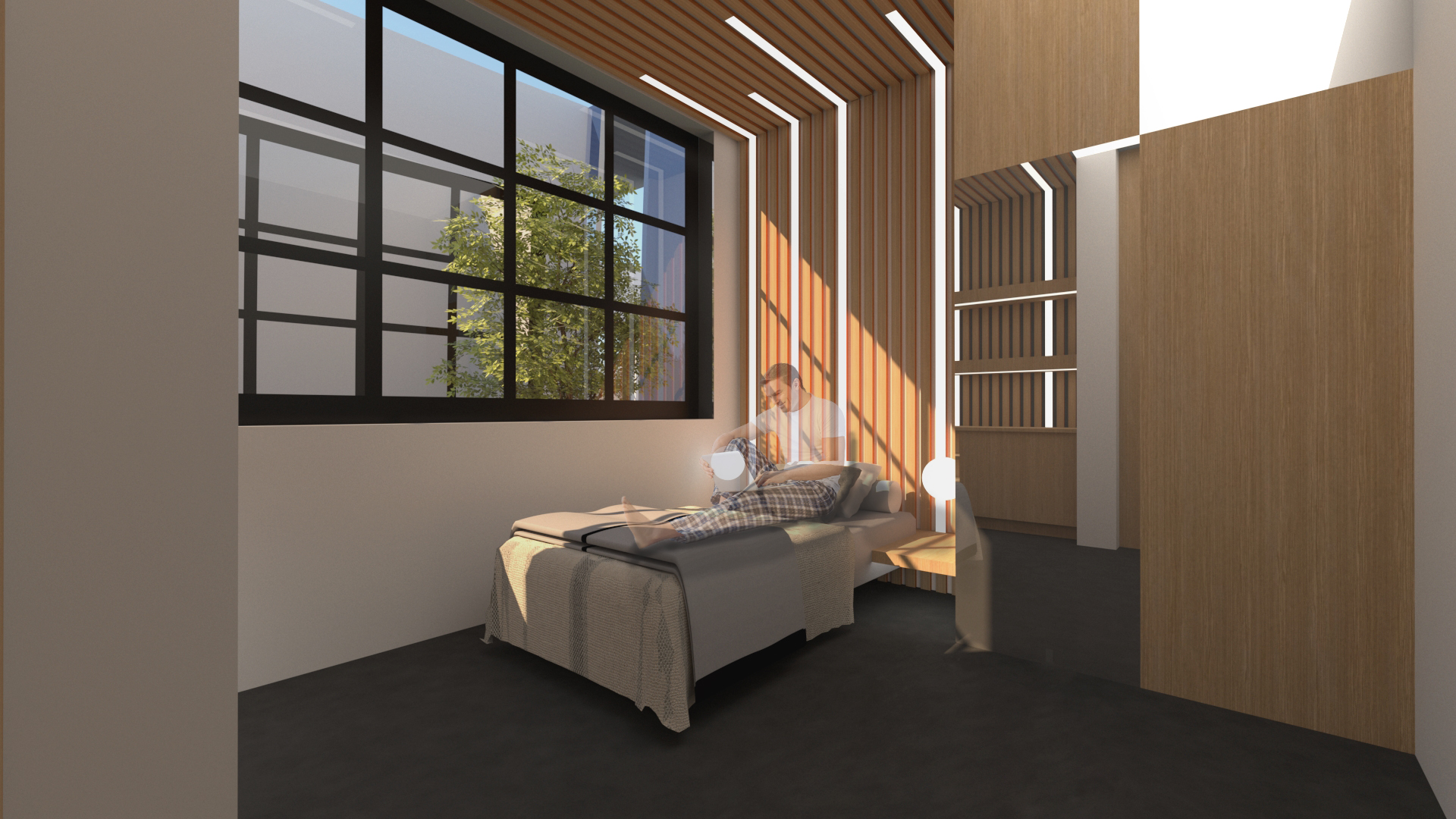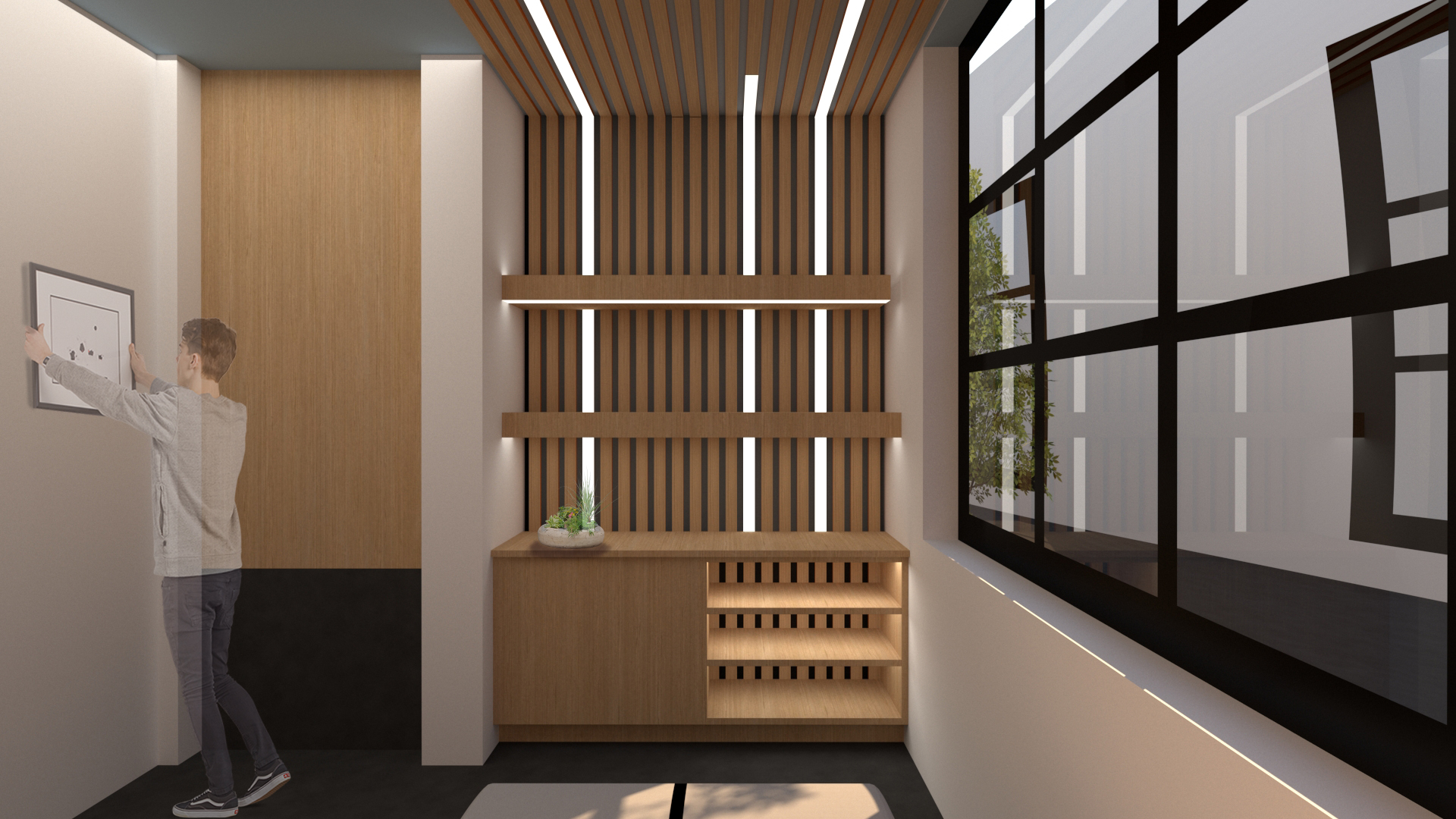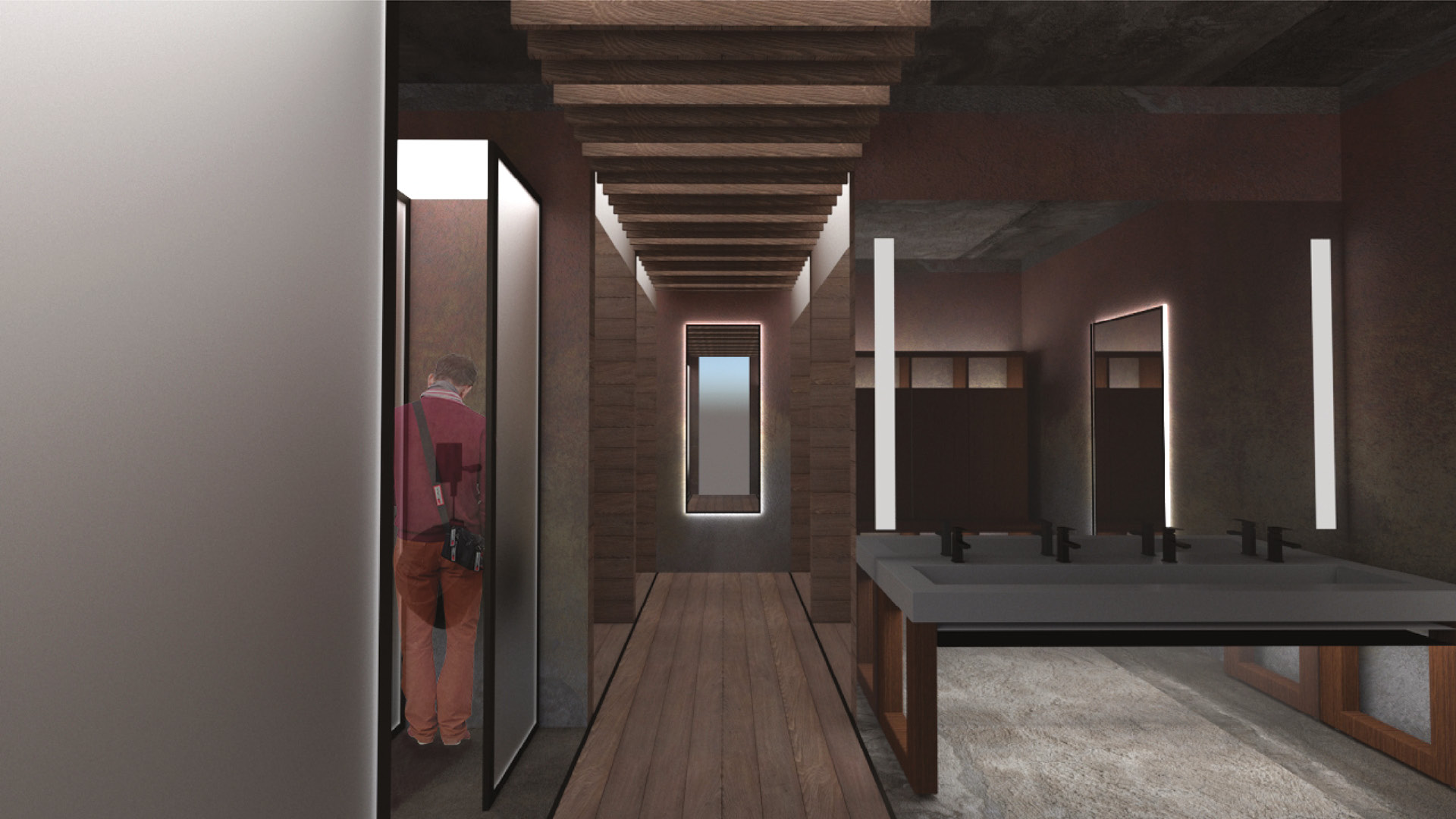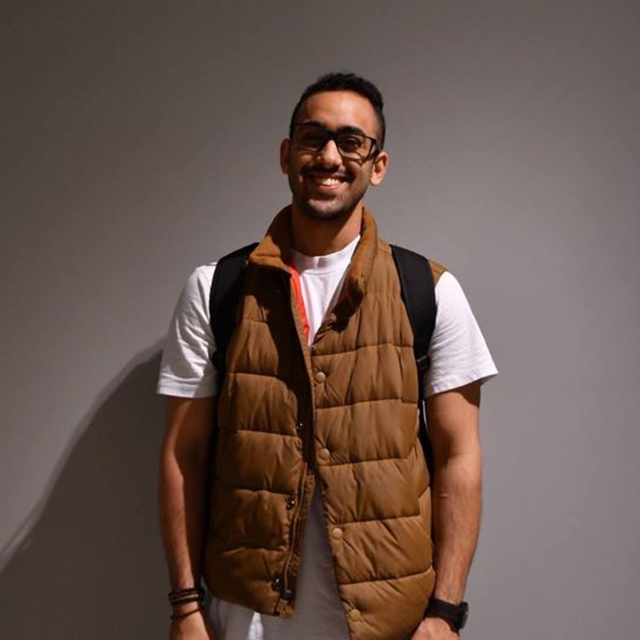Kareem
Adly
Growing up in Africa and the Middle East gives Kareem a unique perspective on the needs and wants of people. Kareem grew up in a war-torn country and has experienced prosecution in the middle east. He has seen first-hand how important of a role design plays within our communities. Architecture and interior spaces were safe spaces and a refuge from the unwanted; poverty, war and prosecution. He has developed empathy that only life challenges could produce. Kareem is a highly motivated and passionate individual that is ready to make a difference through design as it is his greatest tool.
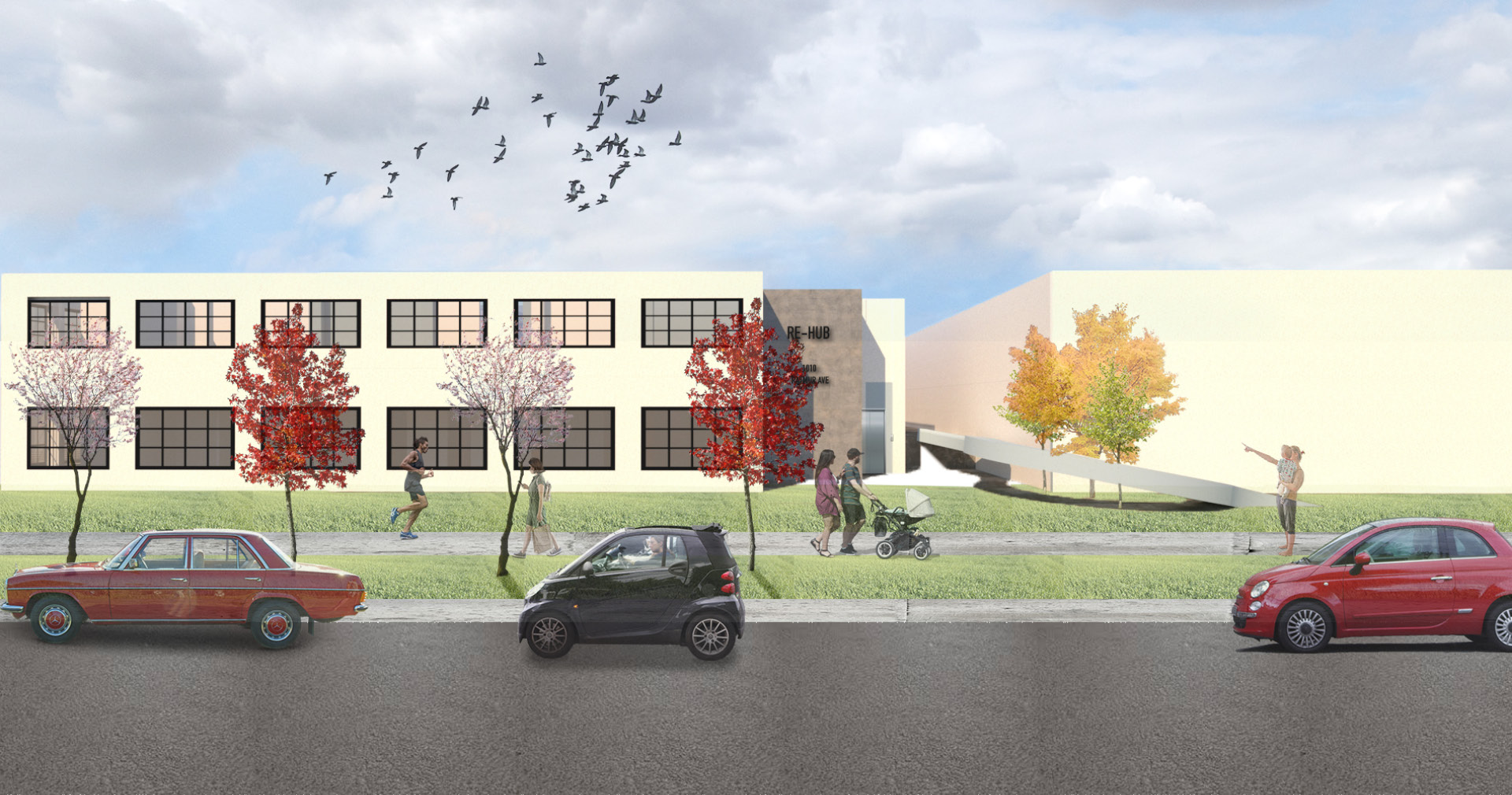
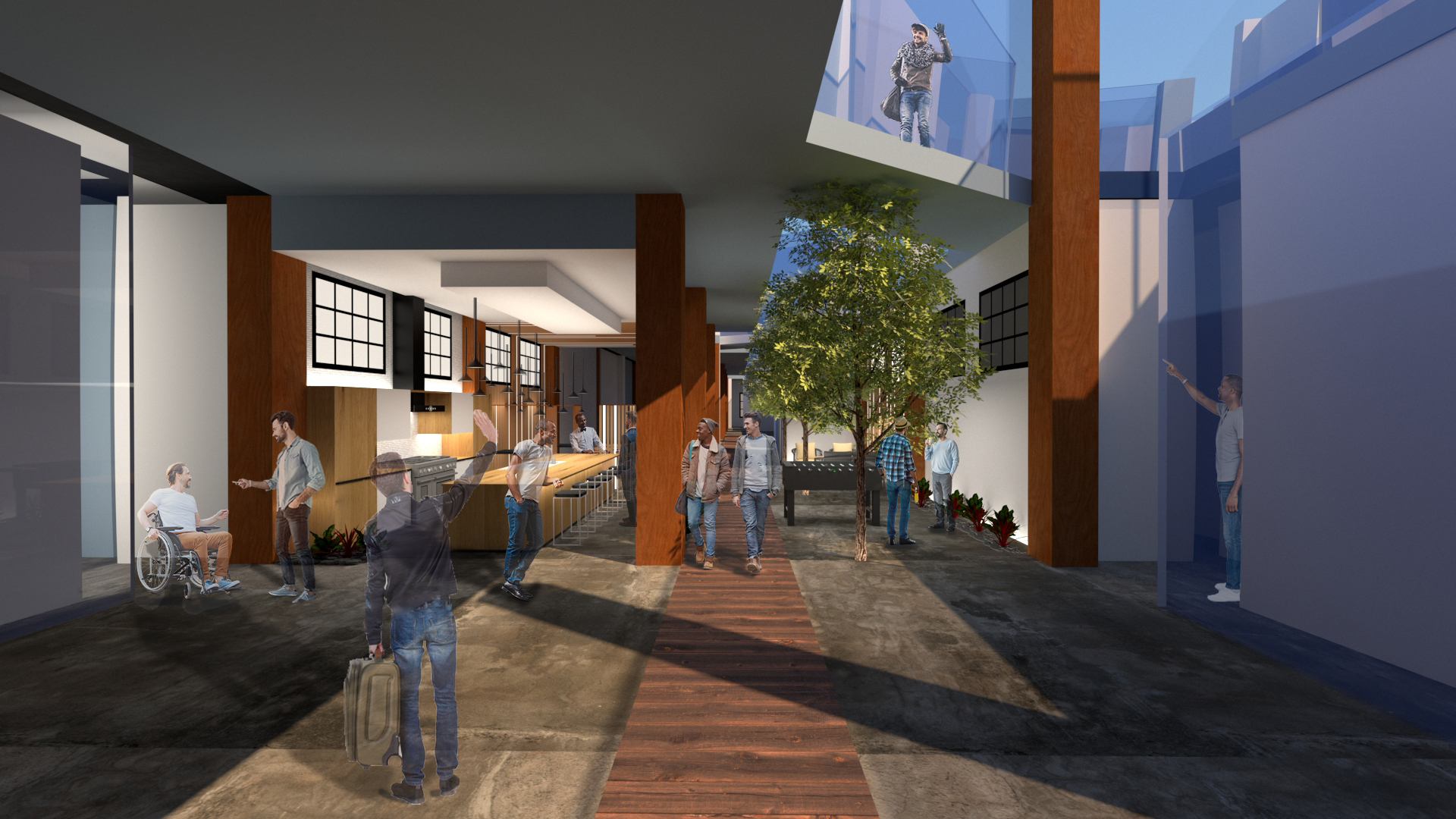
Re-HUB
Re-HUB is a post rehab co-housing facility that aims to combat two of Vancouver’s heaviest epidemics; overdose and loneliness by relying on the practice of wellness and community. As of 2016, Vancouver has been declared home to the densest population of substance abuse in North America, as well as holds the record for one of the loneliest demographics in the western world. Research has led us to believe again and again that the loneliness epidemic and the overdose epidemic of 2016 facing Vancouverites are closely related. In fact, one of the biggest issues facing substance users is loneliness, while one of the biggest issues facing lonely people is substance abuse.
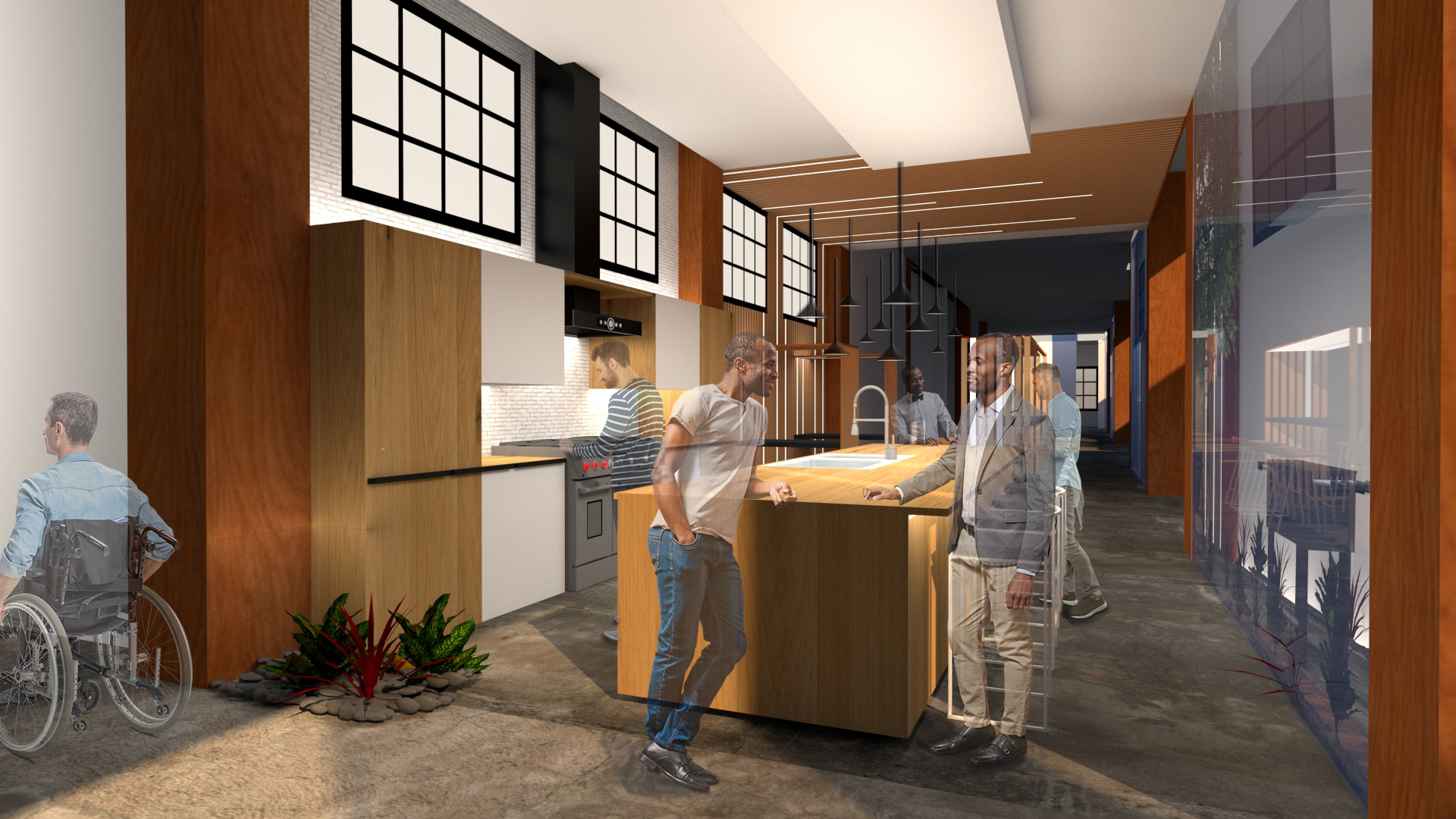
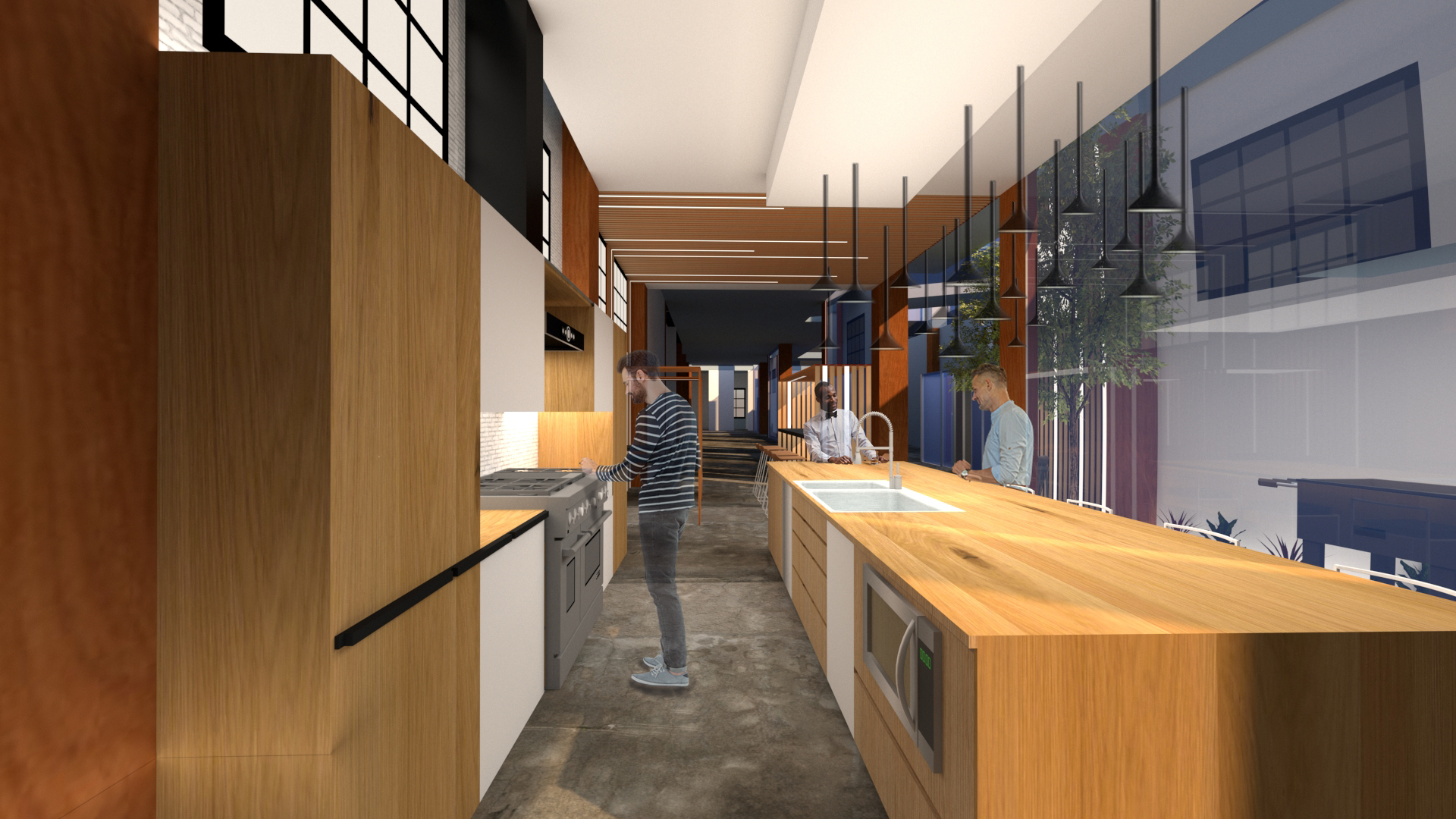
Research
We were asked to solve a hypothetical design problem facing our communities and cities today. We were to research, analyze, evaluate, conduct, and provide evidence of the design problem and then were asked to ideate and put front a solution to the original problem. Extensive hours were allocated to research, inform, and solve through design two of today’s most sensitive and common issues facing this generation – substance abuse and loneliness.
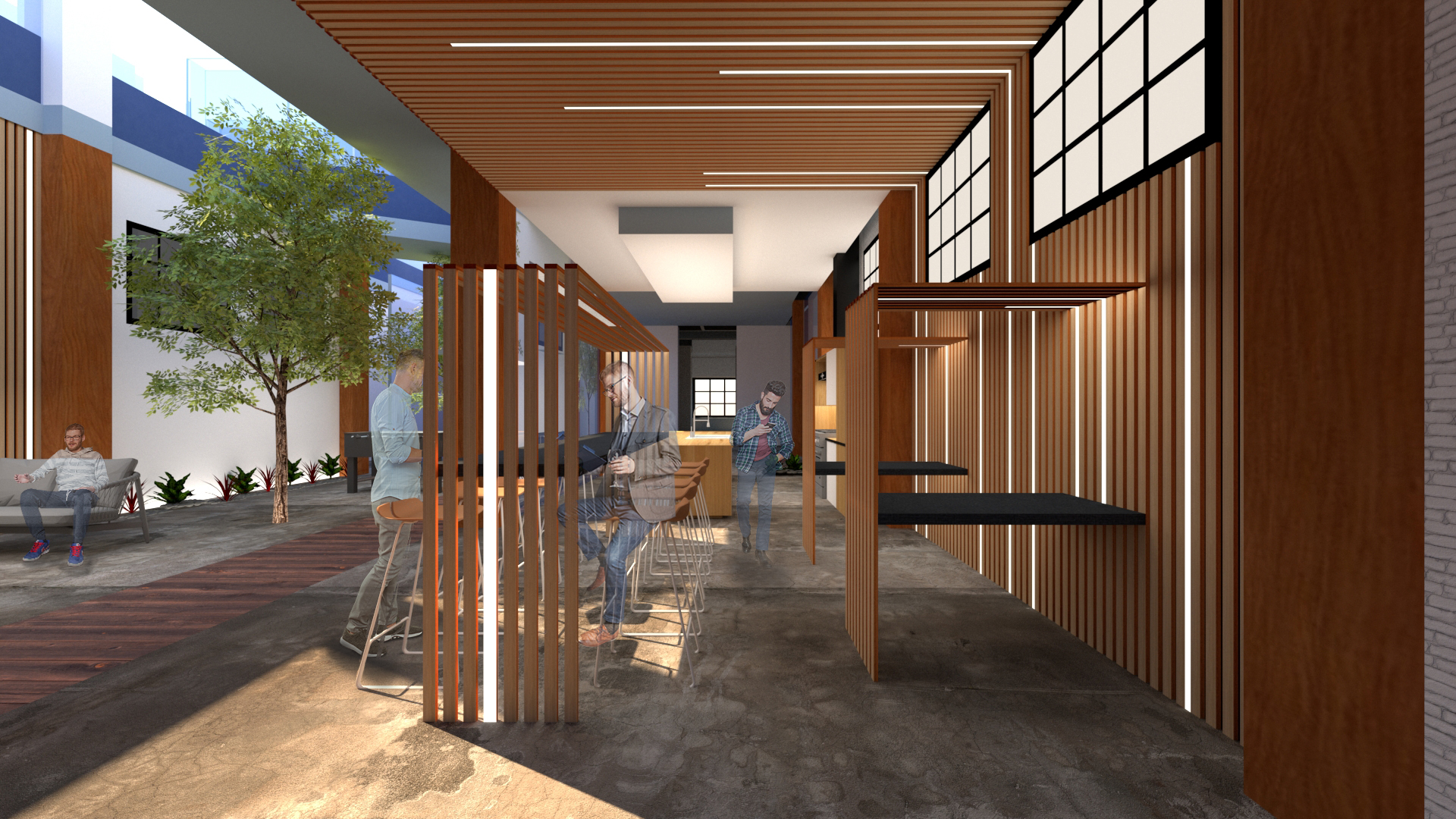
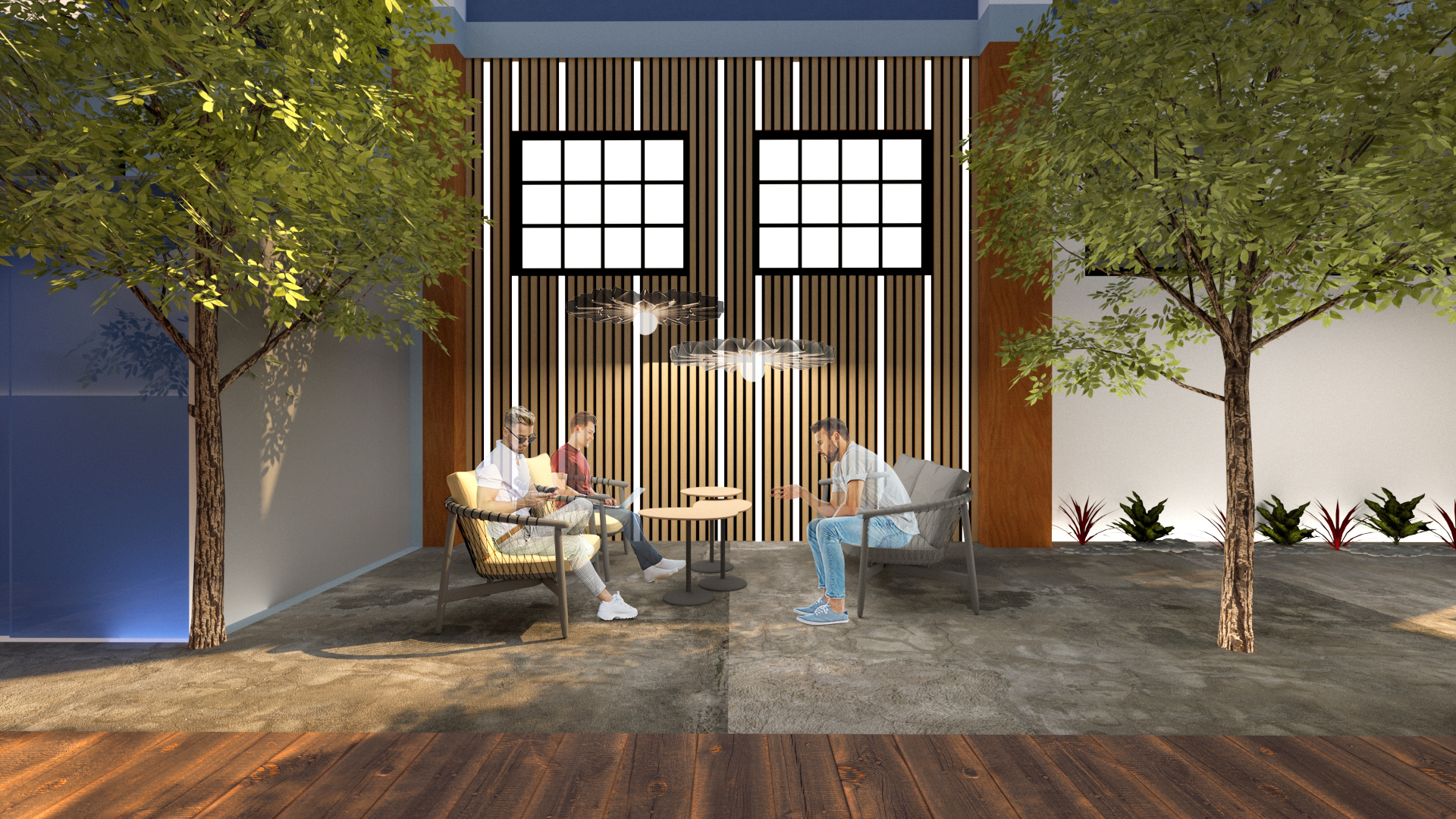
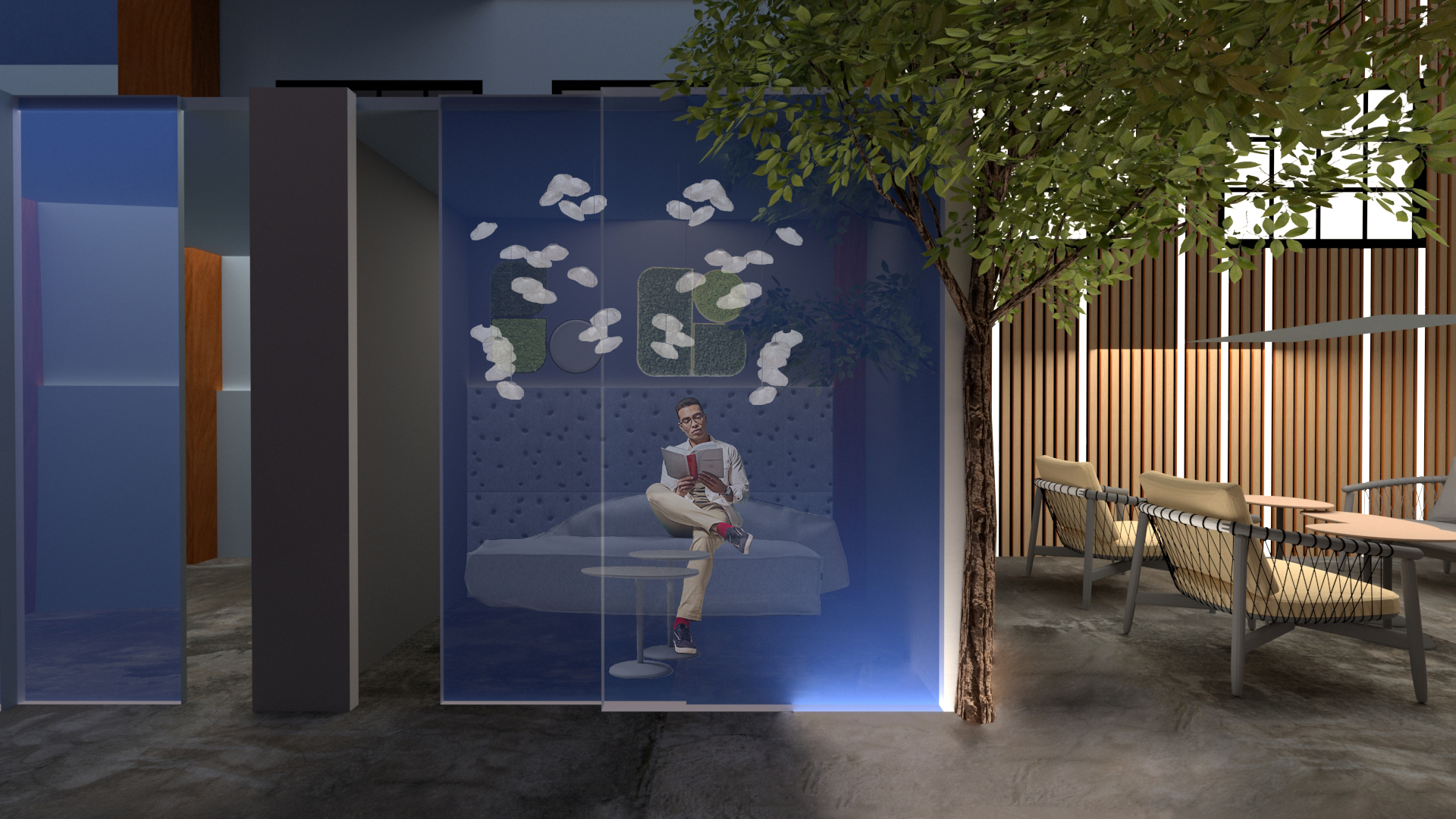
Re-HUB’s mission is to create an environment that holds no bias, no stigma and no judgement. A space to rebuild and equip users with new and healthy ways to pursue life. Re-HUB aims to eliminate triggers and replace compulsive responses associated with substance abuse with healthy responses associated with relationships and the community it brings.
